My incoherent headline is inspired by one of my favorite music quotes, from the 1947 film The Song of the Thin Man: Detective William Powell is pursuing a clue based on a classical music theme, and suspicion falls on a hipster jazz musician. Powell asks another jazz musician whether the suspect was the sort of player who would use classical themes in his solos.
Absolutely not, sniffs the musician: “Swingin’ the classics is strictly off the cob! A gate who knows his dots takes his Beethoven and Brahms straight.”
Vintage translation: “It’s corny to mix classical and jazz. A swinger who can read music tends to prefer classical music in its unadulterated form.”
Modern translation: “Fusion sucks. Gimme the pure shit.”
Do you know your dots? Do you care? I happen to be a dot geek, and I don’t regret it. But really, it’s not that big a deal. And if I rattle off my favorite non-classical musicians (especially guitarists), well, the vast majority ain’t readers. I wish I could play as well as any number of guitarists who wouldn’t recognize middle C if it poked them in the eye.
But I’ve never become especially adept with music notation software. I was a Sibelius user for a few years, but since Apple’s Logic became my primary DAW, I tend to use the limited but convenient notation tools built into the program.
My problem is I never became fluent enough with any program to make the notation process faster than working by hand — though I’ve gone in deep enough to appreciate how, given time and practice, software notation could be way faster.
I definitely wish I’d had these tools when I was a student musician, mostly for the realtime music playback. As a kid I couldn’t even have imagined a tool that let me hear my notes as I wrote them down. That strikes me as the ultimate theory and ear-training tool. I could go all grandpa on you and say I benefitted from having to hack out everything I wrote on the piano, but I’d be full of crap. The modern options are better.
I just received a review copy of a new program that’s making me contemplate getting back into notation software. It’s got some extraordinary features, such as super-cool iOS integration, not to mention a sister app specifically for guitarists. (No, it doesn’t feature only whole notes! Shut up! I’m talking tab.) It’s also significantly cheaper than its rival programs. I’ll be checking it out soon, and I’ll share my experience.
So who reads? Who doesn’t but wishes they did? Who does and wishes they didn’t?




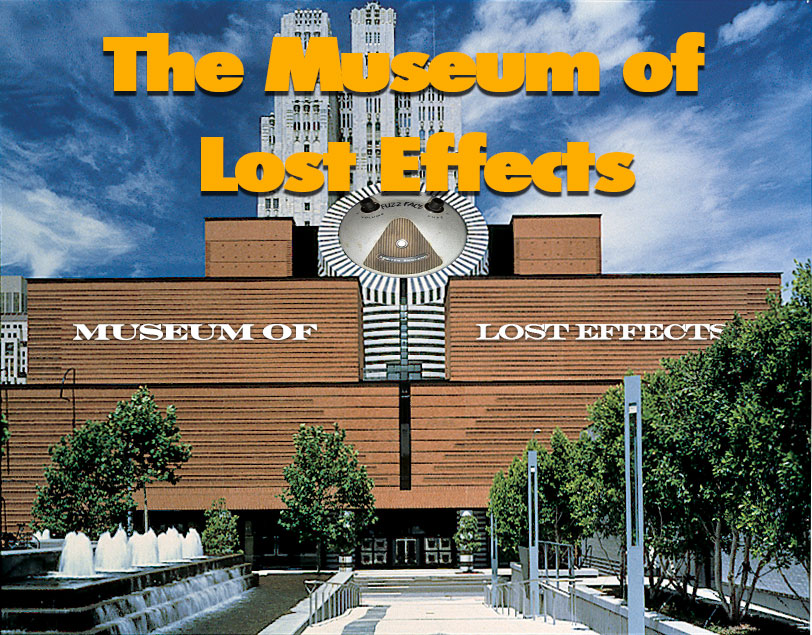
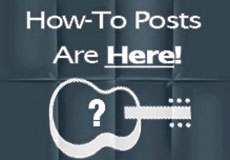
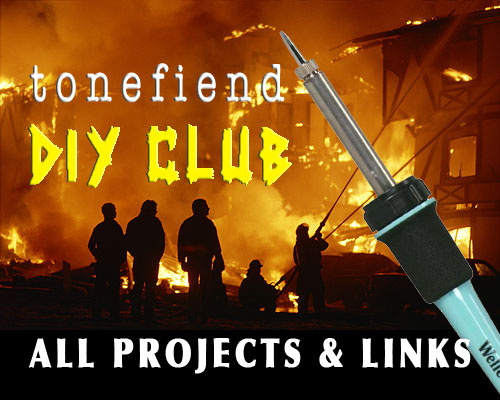
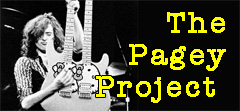
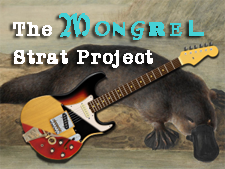
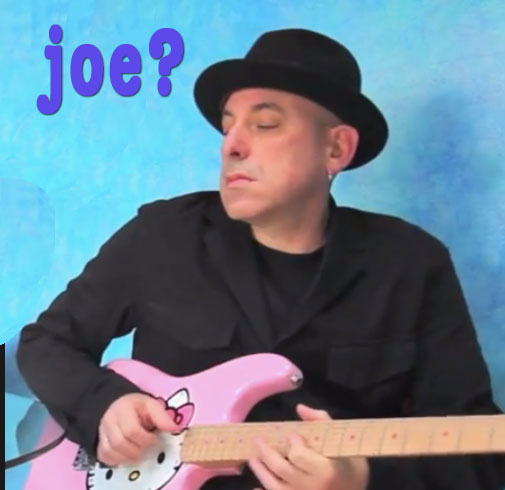
Joe, I think your question goes beyond reading and deals more with theory. I know MANY piano players who can read yet can’t play unless they have written music in front of them. But, I bet Bob Stinson had no clue what key he was in when he played the amazing solo to ‘Sixteen Blue’ and in a recent interview, Alex Lifeson waved off questions of scales and modes and said he just played what he felt was right. Point being, I would LOVE to be able to read, yet I understand t that knowing every chord in the book won’t substitute for genuine talent.
I read music, but slower than realtime. Also, mostly for piano, I’ve never bothered trying to read anything other than tab for guitar.
I tend to play most things by ear anyway.
As far as notation goes, unless you can just play the part on a midi keyboard and have it all done for you, it’s just too time consuming to use notation software properly.
I’m rusty, but I’m a semi-competent reader. Need to get back in the practice of it.
I did the whole organized music thing from elementary school through most of high school, but stopped reading and all theory when I swapped to guitar.Kind of bassackwards but chords were a different beast and I always played piano by ear.
I can read reasonably well. Having learned it before even touching a guitar I am more comfortable with reading than with tabs, although I find tabs very useful for fingerings.
Yeah, that’s one of the weird things about guitar, at least for non-guitarists: the fact that you can play any particular pitch many different ways. On a piano, middle C is middle C. On a guitar, it can be many things. Sure, a violinist might voice middle C on any of their three lower strings, but it’s way more complicated on guitar.
Also, a lot of people don’t realize how old tablature is. It was common practice to use it throughout the 16th century for lute and vihuela music, and for the same reasons it’s popular today: Standard notation alone doesn’t necessarily convey everything a fretted-instrument player needs to know (plus then, as now, many fretted instrument players worked largely by ear).
As a recovering early music geek, I have to admit that I can still read Renaissance lute scores like this:
Nice. That’s how I ended up notating the transcriptions I do, with dots to show rhythmic values and tab for where to play the note on the guitar. I started out trying to do it the ‘right’ way but it was too slow, I’d keep forgetting where the notes were on the staff!
For notation software, I was thinking about something involving a pen tablet input, or touchscreen, to dot the dots in like you were drawing. But I’m not sure iif any notation software supports this, even some of the paint ones like Photoshop can be tricky to get working.
The other thing I’d like to see is software, maybe a phone app, where you can tap or draw in a bar or two of rhythm/notes and have it play back ( in a loop, at different speeds ) so you can hear it and/or play along with it. The key would be something you could just grab, fire up and immediately enter notes then hear it back – all in less than two minutes. Lots of bedtime fun.
Wow — those are a couple of really cool ideas, IMHO!
Yeah, please post your review of Notion. The price is right. If it performs well, I’m sold.
I had a brief (but ultimately rewarding) period of classical guitar lessons when I was fourteen, and could read a whole lot better then than I can now. Even then I would learn the chart slowly and painstakingly and play it by memory ever after, leading to many amusing moments when my instructor would point to the chart and say “You missed a dotted quarter note” or something, whilst I was looking at some other random spot on the chart pretending to read.
These days a chord chart and memory of the piece’s head are all I usually need to work through something; it’s a bit slow moving, but it gets me there. Also, I find if I’m cramming a whole bunch of tunes, my ear sharpens up quite a bit and the whole process speeds up considerably.
Although I think it would be beneficial to read the fly-specks, it’s still too easy for me to ear-learn.
I learned most of my Celtic repertoire out of a book written by Robin Williamson, of the Incredible String Band.
Incredibly, it’s still available!
https://www.amazon.com/English-Welsh-Scottish-Irish-Fiddle/dp/0825601657
I’ve learned as much or more by ear. Celtic repertoire for the most part sticks to 1-4-5 harmonies and relative minors. What I’d really like to get some insight on would be Celtic accompaniment in DADGAD because what I’ve heard of that is pretty cool sounding. And for that I’d be looking at tab without a doubt. Would totally slow me down to read notation, not least of why is that I don’t normally play in DADGAD!
Lots of fiddle and bagpipe music is available in “ABC” format:
https://en.wikipedia.org/wiki/ABC_notation
And my current attempts to learn new material on ukulele are tab-driven.
I’ve learned how to read well enough 3 times in my life. The first time in middle school with a trombone. Then the piano, and then classical guitar. I know I could brush up with in a couple of weeks,but for what I do I don’t need it. I go through stages where I learn a little more theory. I’m very happy with tabs
I mainly learned to read through playing classical guitar in my teens, but not much after that. Did some piano lessons a long while back that stretched me. Have got back into it through my kids doing violin and keyboard/piano. It’s a useful skill, but not essential to rock guitar where just about everything is available as tab. Tab shows one way to play it, but there may be others that will be less obvious unless you know the actual notes.
As you say, not reading music hasn’t held back many of the greats, but it can be useful to the rest of us at times.
I studied classical violin and piano for 10 years before I realized that I’d never actually been reading the music and had just been playing by ear. So reading helps correct my playing (if it’s a rigid classical piece), but I suck at cold reading a piece I’ve never heard. Fortunately, I was able to craft my niche as an improviser so as long as I stick to those gigs, it’s not an issue. The only time I use notation is for honing technique by learning old concertos – but that is still augmented at least 60% by my ear skills.
doh, the ban icon is too close to the post button.
All better. :pacman: